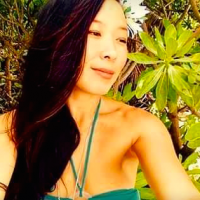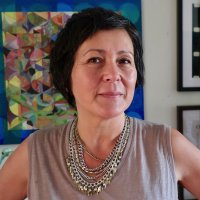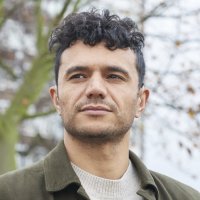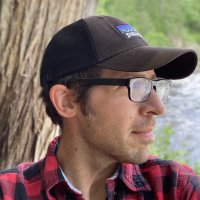Ishle Yi Park

“When I want my writing to flow freely, I go to the water. I go to the sea. I dive deep: search coral, float, om, purify, cleanse, let go, pray, give thanks, sing to Yemaya, sing the songs of the Jejudo haenyeo, hula, and release all that does not serve me.













